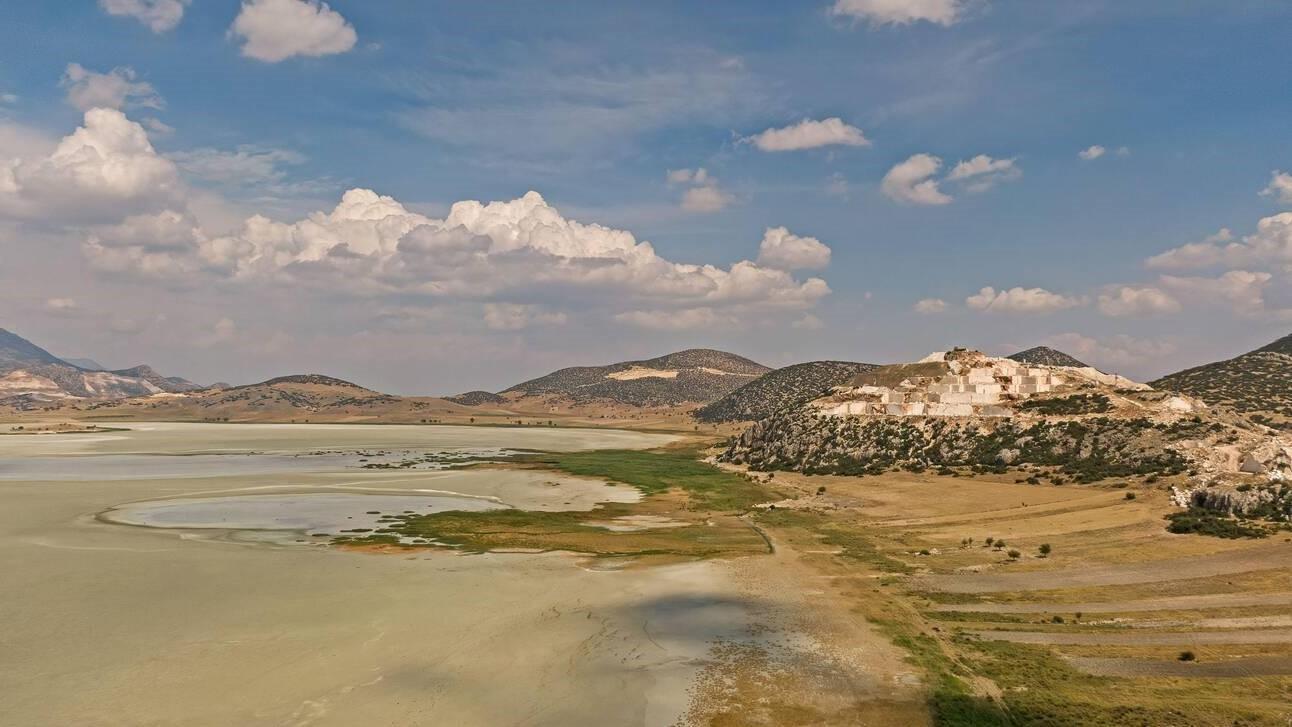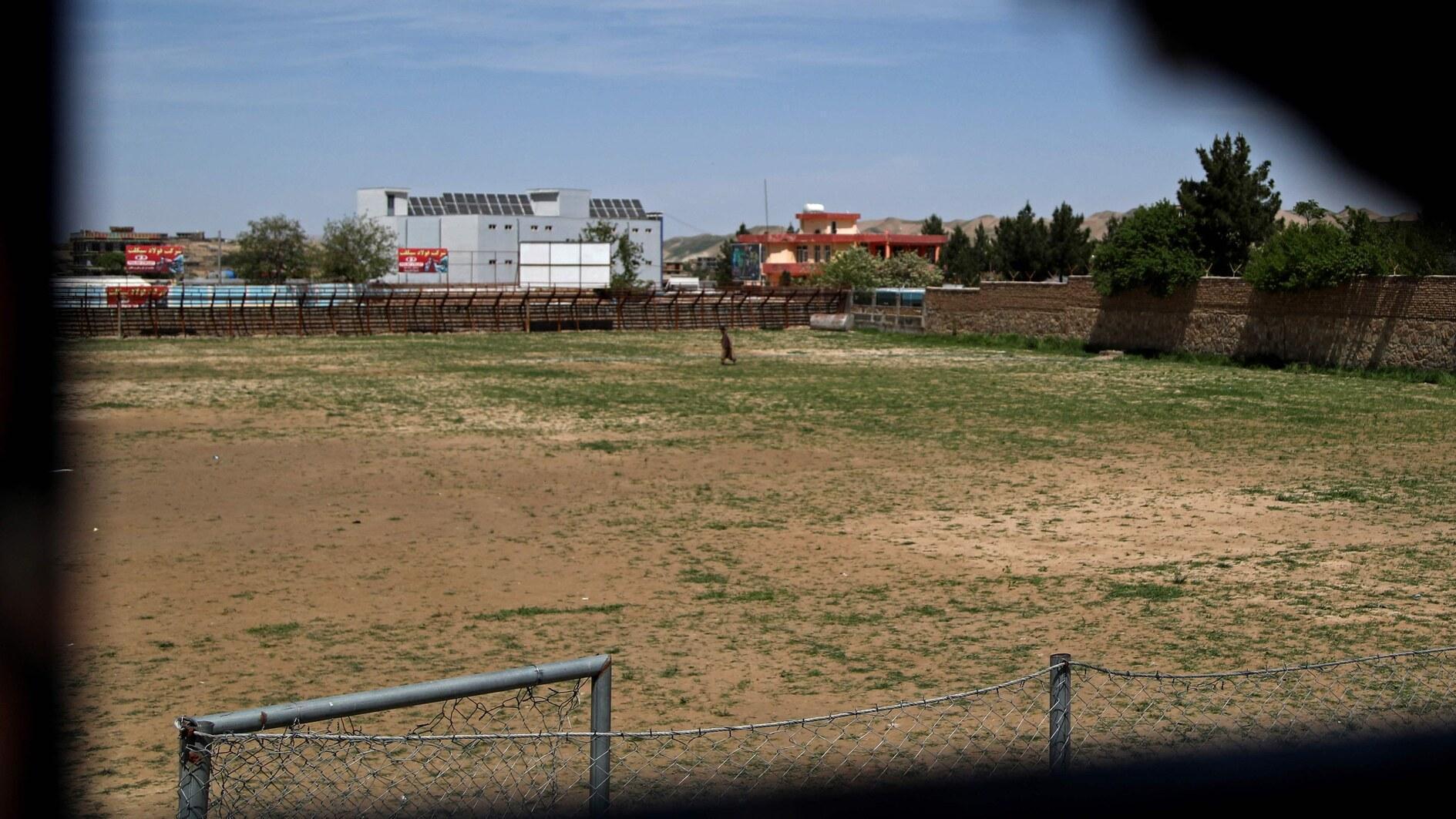Türkiye’s drought risk looms despite rising reservoirs
ISTANBUL

Experts have warned that despite increased rainfall raising reservoir levels during the winter months, the risk of drought for the country persists into the summer, emphasizing the urgent need to implement preventive measures to address this issue.
Rainfall has significantly increased the water levels in reservoirs across the country in the past one to two months. However, experts argue that drought is a long-term challenge, highlighting the necessity of addressing issues such as infrastructure shortcomings and population density, as well as promoting sustainable agricultural practices.
Rising water levels alone are insufficient to counter drought risks, according to the environmental engineer Professor Ece Ümmü Deveci, particularly with anticipated high temperatures and lower precipitation in the coming months.
"Only 10 percent of reservoir water is used for household consumption, while 20-30 percent goes to industrial use, and the majority is allocated to agriculture. If drought occurs, the water consumption in these sectors could make current reservoir levels inadequate to meet overall demand," Deveci explained.
Deveci emphasized the urgent need to mandate smart irrigation and drip irrigation in agriculture while restricting conventional methods. She also called for reduced water consumption in the textile industry, a significant sector in the country.
Experts also stressed the necessity of making agriculture more resilient to drought by implementing sustainable water management practices.
Unless sustainable water management practices are employed, the economic effects of drought will also extend to consumers, warned Baki Remzi Suiçmez, head of the Chamber of Agricultural Engineers. "If a water crisis occurs, agricultural yields will drop, leading to higher prices in markets. Investments by the State Hydraulic Works (DSİ) in irrigation infrastructure are crucial, along with financial support for farmers to adopt drip irrigation systems."
Suiçmez highlighted that rain-fed crops such as wheat, barley, chickpeas and lentils are particularly vulnerable to drought. Fruit and vegetable cultivation in regions such as Thrace, South Marmara and Central Anatolia also faces risks due to water shortages, the expert noted.
According to environmental engineer and climate expert Dr. Baran Bozoğlu, at the provincial level, Istanbul is one of the most vulnerable cities to drought due to its high population and limited water resources.
Highlighting that the metropolis relies on surrounding provinces for water supply, Bozoğlu noted that this means a water crisis there would significantly impact neighboring regions as well.
The expert, therefore, underscored the need to control population growth. "Even if no water shortages occur this year, the likelihood of future crises is high. To secure resources for future generations, halting migration to Istanbul is imperative."
Istanbul’s water authority İSKİ, on the other hand, told daily Milliyet that at present, there is a 99 percent probability that Istanbul will not face a water shortage this year — if rainfall remains at normal levels, 2026 is also expected to be stable as well.
















